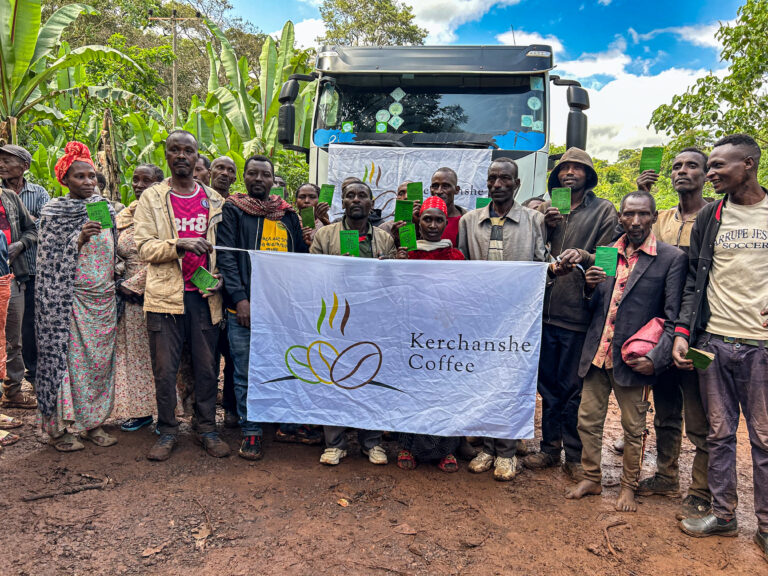Doctors are trained to care for others, but they often forget to care for themselves. Long shifts, critical decisions, and the emotional weight of the job can quickly chip away at them until burnout isn’t just common; it’s becoming the norm.
Why the Pressure Keeps Building
A 2024 Medscape survey found that nearly half of doctors reported feeling burnt out. Many pointed to emotional exhaustion, growing paperwork, and the feeling of being stretched too thin. Doctors today face mounting patient loads, rising expectations, and shrinking time to recover between shifts. Add to that the fear of making mistakes and the responsibility of life-or-death decisions, and it’s easy to see why many struggle. The structure of the job doesn’t leave much room for rest, nor does it reward the ability to take a break.
The Hidden Cost of Silence
Mental health still carries stigma in the medical field. Doctors often fear that speaking up might jeopardize their license or credibility. Some keep silent because they worry about what their peers might think. But this push to “just handle it” leads to isolation and stops people from getting help early. Over time, that leads to worse outcomes for both doctors and their patients. It shouldn’t be this way.
What Helps, Day to Day
Staying mentally healthy doesn’t always require big changes; small, consistent habits can make a real difference. Doctors who protect their time off recover better. Even something as simple as turning off work emails during breaks can help the brain recharge. A short walk or a quick chat with a colleague can also shift stress. These small moments add up.
Taking five minutes to check in with yourself each day, asking how you feel—not just physically but emotionally—can help you stay connected to your own needs. When you’re tired, taking real rest without guilt allows you to come back clearer and more focused. The challenge isn’t knowing what to do; it’s allowing yourself to do it.
When Self-Care Isn’t Enough
Sometimes the pressure becomes too much. If you feel anxious, numb, irritable, or emotionally drained for weeks, it’s a sign to reach out for support. Virtual support makes this easier than ever. You can use tools like confidential therapy, peer support, and coaching that are all tailored to doctors.
These services respect your time, your privacy, and the demands of your role. You can schedule sessions outside of working hours, and you don’t need to share anything with your employer. The professionals you speak with understand what it means to work in medicine. Getting help doesn’t mean stepping back from your job; it means showing up stronger.
Virtual Support That Lightens the Load
Mental pressure doesn’t just come from patient care; a large part of stress comes from admin work—emails, appointment scheduling, follow-ups, and paperwork that eat into your time and energy. Doctors aren’t just clinicians anymore; they are often expected to act as their own receptionists, IT support, and office managers.
This is where virtual support services can make a real difference. Hiring a virtual medical assistant or remote receptionist takes non-clinical tasks off your plate. These professionals can manage bookings, send reminders, handle patient queries, and keep your day-to-day operations running smoothly without you being physically present.
Services like the ones you would find from My Mountain Mover provide trained virtual assistants who understand medical workflows. If you are looking for virtual support for doctors, they will work with your schedule and follow your systems and more, plugging directly into your practice.
How to Know When You Need Support
It’s easy to miss the signs that you are running low. Doctors are trained to push through, but ignoring the early warning signs can lead to bigger problems in the future. If you’re feeling unusually tired, disconnected from your work, more irritable than usual, then it may cause trouble sleeping, getting things done, or dreading the start of each shift. Those are key signs. You don’t need to wait for a breakdown to seek help. Talking to a peer, offloading admin tasks, or speaking with mental health professionals can help restore balance in your life. You’re not supposed to be carrying everything alone. Noticing the weight is the first step you can take to lighten it.
Final Words
Doctors give a lot, but they can’t perform at their best if they’re running on empty. Taking care of your mental health and getting the right support—whether emotional or administrative—isn’t optional; it’s crucial. Start with one small change, and then keep going.







